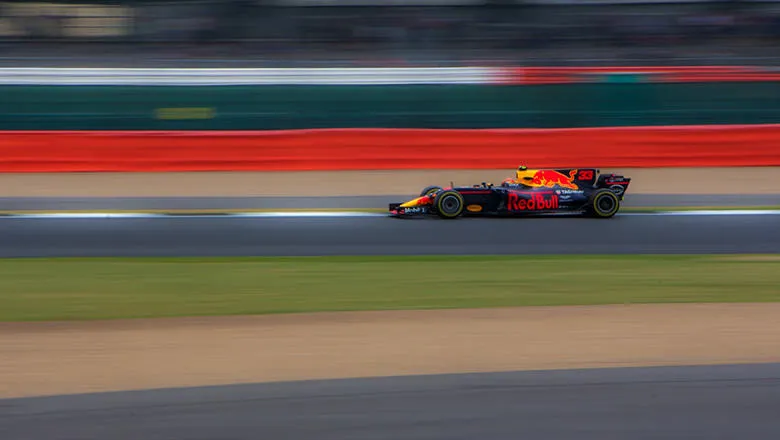17 March 2023
Driven by politics: Formula 1 as a reflection of societal issues
Kate Bancroft
Much has been made of protests from F1 drivers, but sport is always inherently political

Although attention has recently been grabbed by the intersection of football and politics, Formula 1 has been racing headlong into these debates for the last several years. Formula 1 has long courted controversy for many of sport's decisions and statements, as well as those made by drivers. Unlike the domestic kerfuffle of Gary Lineker's tweets, Formula 1’s debates touch on questions of intersectionality and colonial attitudes the world over.
Politics and Formula 1 have often mixed, perhaps most famously in the case of Bernie Ecclestone's attempts to prevent the Blair government from banning tobacco advertising on cars and on tracks. As the sport has evolved into an ever more global phenomenon, so too have the politics involved. In just the last year, Lewis Hamilton, a British seven-times world champion who lives in Monaco, wore a T-shirt demanding the arrest for the police officers who killed Breonna Taylor, an African American woman, in Louisville, Kentucky. Sebastian Vettel, the four-times world champion, has also used his clothing to make statements about women's inclusion in the sport and LGBTQ+ rights, particularly in countries where those rights do not yet exist.
In response, the sport’s governing body, the FIA, has changed the rules governing driver behaviour, to prohibit “political, religious or personal” statements that have not been previously explicitly approved by the FIA. Those that break the rules, risk six-figure fines and race bans. This action by the FIA is missing two key points. First, and most obviously, that there are very few politically neutral acts. The sport itself, by cancelling the Russian Grand Prix in response to the war in Ukraine, while continuing to run a GP in Saudi Arabia in the face of the latter's ongoing military action against Yemen, are implicitly taking sides in both conflicts.
The second point that is missed by the FIA's decisions – as well as those of the drivers making the political statements – is that it approaches politics through an explicitly western lens, focused on issues with which we, as westerners, are fixated. This lens spills out into the online and in-person behaviour of Formula 1's fans, most of whom are from “WEIRD” countries – those that are Western, Educated, Industrialised, Rich and Democratic.
This form of activism engenders a kind of colonial attitude to those whose behaviour we seek to change, and promote a linear, on-track understanding of development. An attitude that Neville Hoad has characterised as: “We were like them, but have developed, they are like we were and have yet to develop”. In my own research I have studied international LGBTQ+ rights and found out that until recently these identity labels have been non-existent in UN policies, reflecting the lack of a consensus outside of the relatively modest number of rich countries even of the terms of the debate on these issues. Framing things in a binary, good (western) vs evil (not-western), argument is reductive, othering to those whom we encourage to change, and glossing over our own far from consistent moral position.
Formula 1 is a truly global sport, which due to its glamour and cache is popular in many rich and middle-income countries with spotty human rights records. Just as sport needed to recognise its role in glamorising the tobacco industry, the FIA needs to grapple with its responsibility for west-washing these regimes, and develop a consistent, morally defensible standpoint on activism and pushing for change, while at the same time avoiding characterising different cultures, political systems and ways of thinking as irredeemable global villains.
Dr Kate Bancroft is a Research Associate in the Experimental Government Team at the Policy Institute, King’s College London. She is a lifelong Formula 1 fan and her research focuses on the rights of women working in it.
